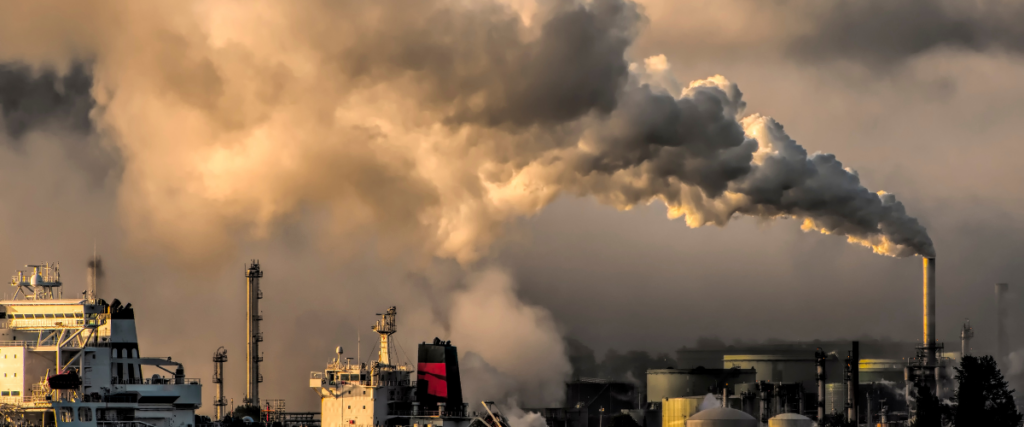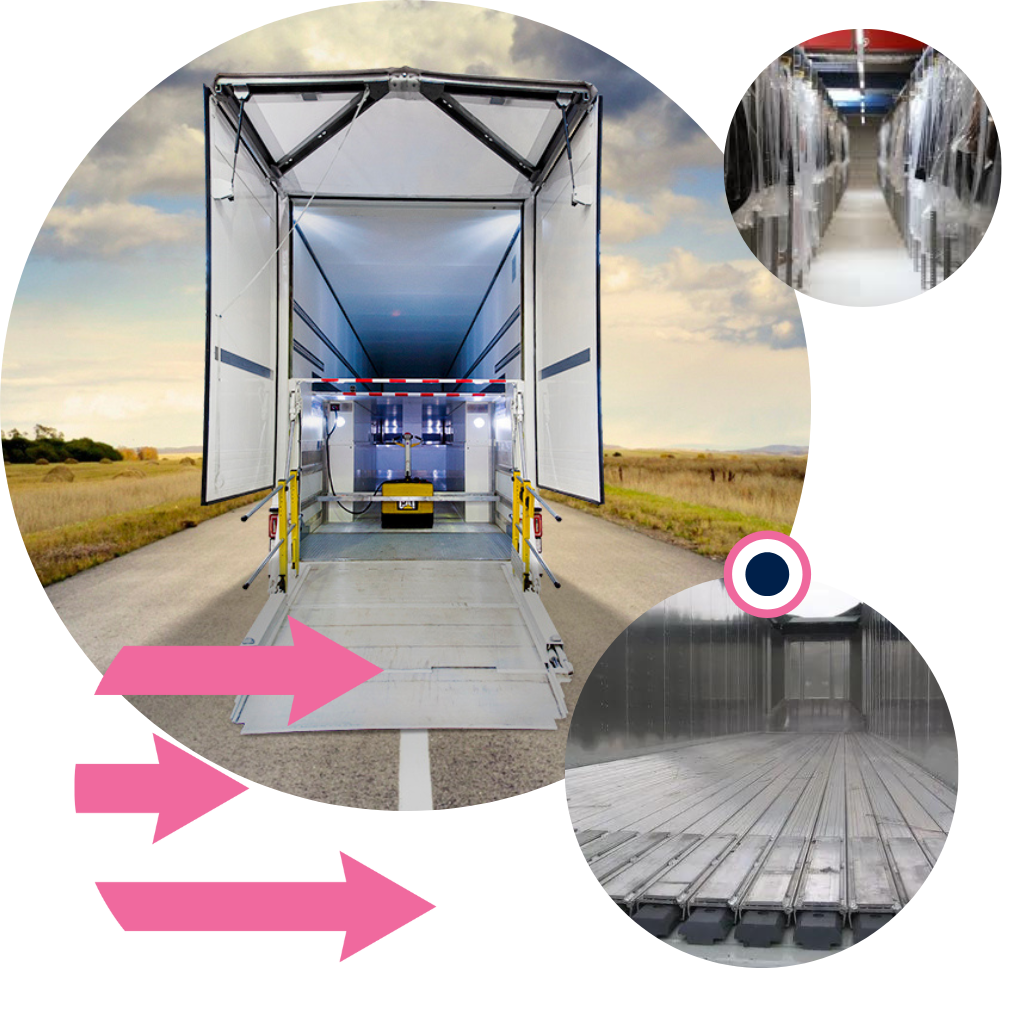CBAM or the Carbon Border Adjustment Mechanism, is a new carbon regulation created by the EU, and is the world’s first carbon border tax with the aim of reducing emissions from manufacturing.
This step taken by the EU is to help fight climate change and create greater equality through the supply chain.
What Sectors will CBAM affect?
If your business has moved carbon intensive production of goods outside of the EU or if you import, then this may impact you.
The initial phase will focus on emissions from the energy, aviation transport and maritime transport sectors and manufacturing in the following industries:
- Oil refining
- Metals such as Iron, Steel or Aluminium
- Cement
- Lime
- Glass
- Ceramics
- Pulp,
- Paper
- Cardboard
- Acids
Reducing emissions by preventing carbon leakage
CBAM exists to reduce carbon emissions by preventing a process known as carbon leakage which is:
- When a business moves carbon heavy production to countries outside the EU which have fewer production restrictions.
- When a business imports carbon intensive products from abroad rather than manufacturing themselves.
CBAM will remove the incentive to buy cheaper product alternatives from outside the EU therefore there will be no economic advantage to importing these goods.
It should also encourage corporations in non EU countries to pursue greener manufacturing if they want to trade with Europe.
The entire supply chain needs to be ready
Our Innovation & Sustainability Manager, Tom Isler, said:

“The CBAM is putting pressures on the carbon heavy materials that are the cornerstone of entire supply chains. Hence this policy does not just affect the companies who are manufacturing these materials but every contributor along the supply chain which depends on them. The CBAM is a perfect demonstration on how public sector legislation, which solely targets larger corporations, can create expectation from SME’s in the private sector. In a nutshell, any size of business cannot do business with big business if they are not engaging with government sustainability policies.”
Tom Isler
How will it work?
CBAM is a tool which will put a fair price on certain goods entering the EU by calculating carbon emissions during production.
Any business importing liable products will need to buy CBAM certificates, the price of which will be set weekly based on weekly average auction costs of emissions allowances under the ETS.
Determining how much to charge based on the goods being imported will be defined by the “embedded emissions” or direct greenhouse emissions during manufacturing which you can look up here.

Will CBAM expand to cover more industries?
Only products which are considered “carbon intensive” will be liable initially where emissions that can be measured with high accuracy.
CBAM will be phased in gradually but when complete it should cover over half of the emissions of energy and manufacturing industries within European Union or EU Emissions Trading System sectors. It is expected that CBAM will expand in scope until all sectors are covered by 2030.
The previous system of a free allowance allocation will be phased out at the same time. This was under the EU Emissions Trading System (EU ETS) which you can learn more about here.
What do UK businesses need to do?
EU businesses will need to register with their national authorities but those in the UK only need to if they are acting as an importer in the EU.
However, UK businesses exporting to the EU will be obligated to provide emissions information to their European buyers. This could include commodity codes, country of origin as well as direct (from production) or indirect (from energy used) emissions.

How long do you have?
Businesses will be able to report their emissions based on reference values until 1st January 2025. However, after this European importers may expect emissions data to be accurate.
The actual costs of CBAM certificates will start from 1st January 2026 which means UK businesses will need to pursue greener manufacturing to remain competitive in Europe.
The UK government is considering bringing in a UK CBAM with a similar time frame to the EU which you can read more about here.
If the UK does decide to adopt a similar scheme then getting support from a business with direct knowledge of the European scheme will be instrumental for a smooth transition.
Useful resources: View Carbon Trust
If you would like to know more about how CBAM will affect your goods or how to approach emissions recording and reporting, then please contact our Innovation & Sustainability Manager, Tom Isler.
If you would like to know more about our own sustainability in freight journey please visit our dedicated page.












